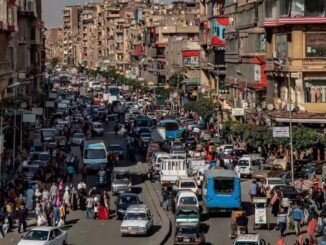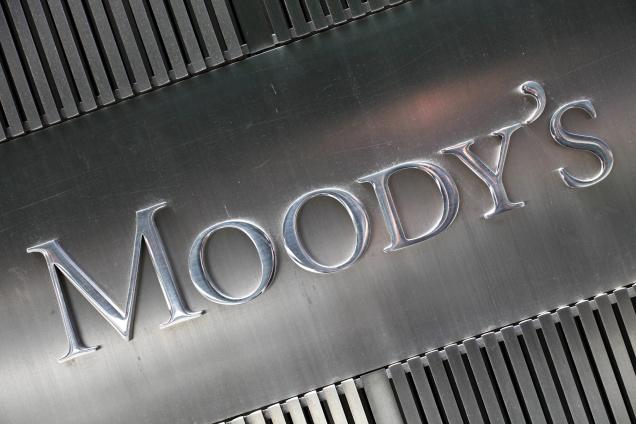
Egypt’s annual inflation rate reached a record high in July, as price hikes continue unabated in the cash-strapped North African country, official figures said.
Consumer prices rose 38.2% from a year earlier, up from 36.8% in June, according to data released by the state-run Central Agency for Public Mobilization and Statistics (CAPMAS).
Average food and beverage prices, the main drivers of inflation, increased 68.2% over the past 12 months, the agency’s data showed.
Egyptians, particularly working-class households, are struggling to keep up with the rising prices, which have soared since Russia invaded Ukraine last year.
According to economists, prices have risen across many sectors in Egypt, from food items and medical services to housing and furniture, all based on the inflation surge.
Amid a dramatic slide of its currency, Egypt is battling this surging inflation, as many Egyptians are accordingly struggling with price hikes.
Prices in Egypt rose across many sectors, from food items and medical services to housing and furniture.
The higher inflation has inflicted heavy burdens on consumers, especially lower-income households. Nearly 30 percent of Egyptians live in poverty, according to official figures.
Most of Egypt’s more than 105 million population has suffered due to the inflation surge since the government embarked on an ambitious reform programme in 2016 to overhaul the country’s battered economy.
That program included painful austerity measures like the flotation of the Egyptian pound and the slashing of subsidies for fuel, water and electricity.
The economy was also hit hard by the coronavirus pandemic and the fallout from the war in Ukraine. Egypt is the world’s largest wheat importer, with most of its imports having traditionally come from Eastern Europe.
Even, Egypt’s Abdel Fattah al-Sisi described the situation as “very difficult”.
The Egyptian pound has lost half its value in a year which has made conditions even more difficult for households as prices rise.
Even before the current economic crisis, two-thirds of Egypt’s 105 million inhabitants lived under or just under the poverty line, according to the World Bank.
Russia’s war in Ukraine heavily impacted Egypt which is one of the world’s largest grain importers. The invasion last year sent wheat prices skyrocketing and destabilised international markets.
In Egypt, investors withdrew billions in foreign currency, causing the country’s dollar reserves to plummet to 20%.
Reserves have risen since to $34.8 billion in March, including $28 billion in deposits from the country’s wealthy Gulf allies, up $500 million since February. But they would need to increase by $7 billion to reach pre-war levels.
Egypt, one of the five countries in the world most at risk of defaulting on its external debt, according to ratings agency Moody’s, has had to rely on bailouts from Gulf countries and the IMF in recent years.
The IMF approved a loan of $3 billion to Egypt, whose external debt has more than tripled in ten years, attaining a record of $165.4 billion this year, according to figures provided by the Ministry of Planning.



